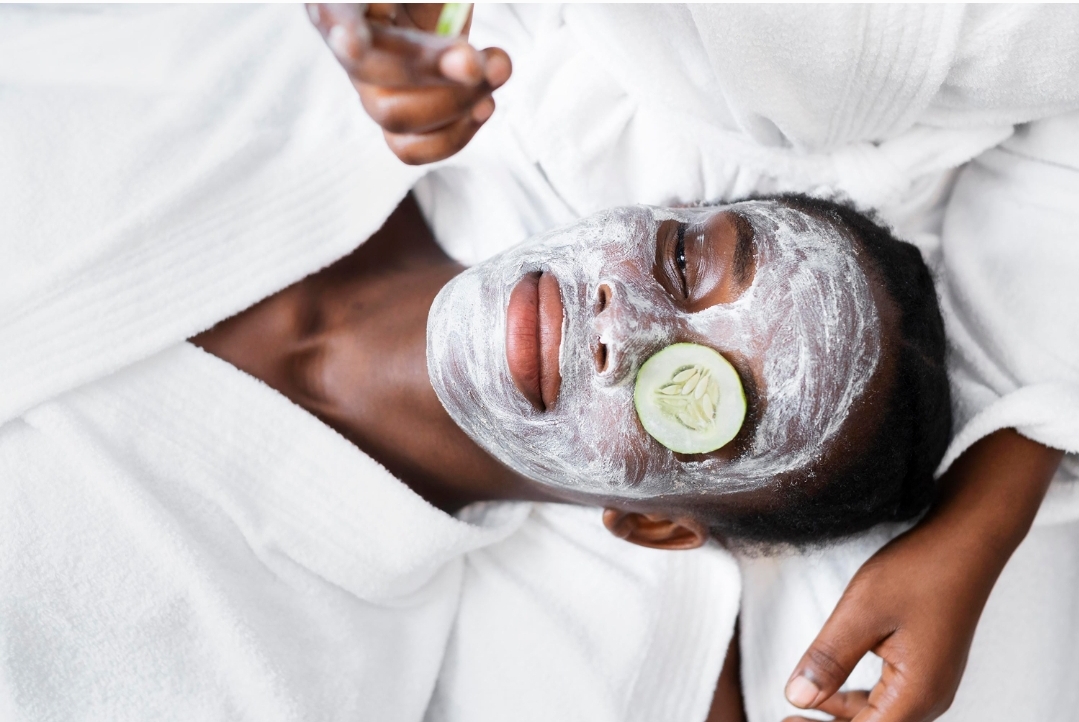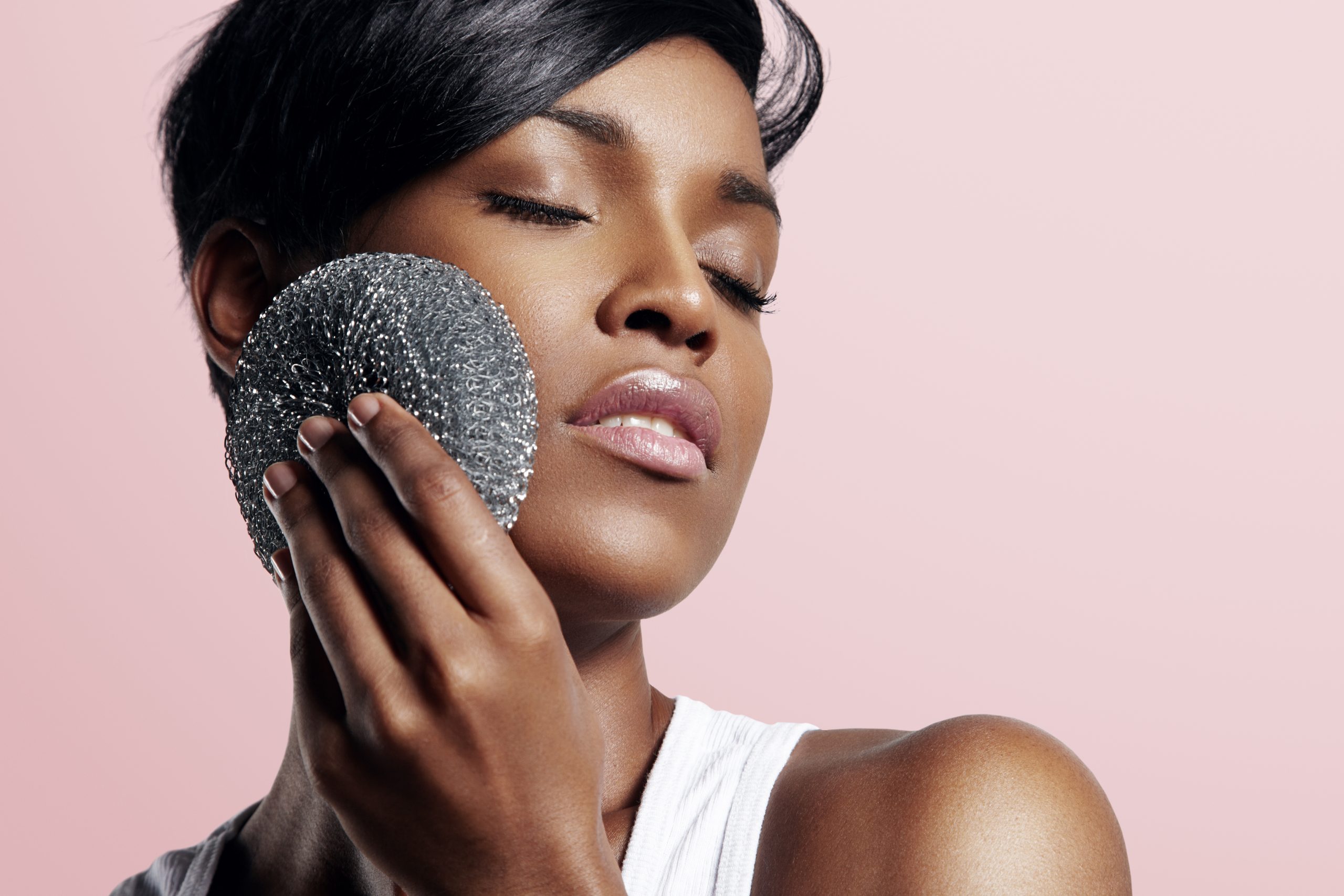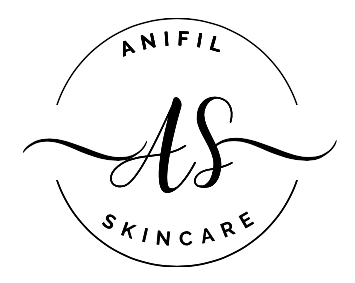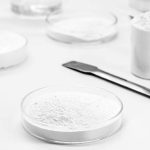Maintaining a skincare routine is crucial for keeping skin healthy and attractive. One crucial step in any skincare routine is exfoliation. Exfoliation is the process of removing dead skin cells from the surface of the skin. While some people may overlook this step, exfoliation is important for healthy skin. In this article, we will explore the importance of exfoliation in your skincare routine and how it benefits your skin.
1. Removes Dead Skin Cells
The main advantage of exfoliation is that it removes dead skin cells from the skin’s surface. The accumulation of dead skin cells on the skin’s surface can make it look dull and dry. When you exfoliate your skin, you remove these dead skin cells, revealing the healthy, vibrant skin underneath. This can help improve the appearance of your skin and make it look brighter and more youthful.
2. Prevents Clogged Pores
Exfoliation can also aid in the prevention of blocked pores. When dead skin cells build up on the skin’s surface, they can combine with oils and other substances, resulting in blocked pores. Blackheads, whiteheads, and other kinds of acne can result from clogged pores. Exfoliation, by removing dead skin cells, can help prevent clogged pores and reduce the chance of acne.
3. Enhances Skin Texture
Exfoliation can help improve your skin texture. When dead skin cells are removed from the skin’s surface, the new, healthy skin beneath is revealed. This can assist in making your skin smoother and softer to the touch. If you have rough or uneven skin texture, adding exfoliation into your skincare regimen may be beneficial.

4. Boosts Cell Turnover
Exfoliation can help increase cell renewal. Cell turnover refers to the process of replacing old epidermis cells with new ones. The rate of cell turnover slows as we age, resulting in dull, dry skin. Exfoliating on a regular basis can help boost cell turnover, resulting in brighter, more youthful-looking skin.
5. Improves Product Absorption
Exfoliation can help other skincare products benetrate more into the skin. Dead skin cells on the skin’s surface can form a barrier that stops other products from penetrating no matter how effective they are. Hence, exfoliation removes these dead skin cells, allowing other skincare products to penetrate deeply into the skin and be more effective.
6. Reduces the Appearance of Fine Lines and Wrinkles
Exfoliation can aid in the reduction of fine lines and creases. When dead skin cells accumulate on the skin’s surface, they can make fine lines and wrinkles appear more prominent. Regular exfoliation can help decrease the appearance of these lines and wrinkles, making your skin appear smoother and younger.
7. Promotes Circulation
Exfoliation can help to increase circulation. Exfoliating your skin increases blood flow to every region. This increased blood flow can benefit the skin by nourishing it and fostering a healthy, radiant complexion.
8. Improves Skin Tone
Exfoliation can aid in skin tone improvement. Dead skin cells that accumulate on the skin’s surface can give it a dull, uneven look. Exfoliation can help even out your skin tone and make it appear brighter and more radiant by removing these dead skin cells.

Types of Exfoliants
There are two main types of exfoliants: physical and chemical. Physical exfoliants work by physically removing dead skin cells from the surface of the skin. These can include scrubs, brushes, and exfoliating gloves. Chemical exfoliants, on the other hand, work by dissolving the bonds that hold dead skin cells together. These can include alpha-hydroxy acids (AHAs), beta-hydroxy acids (BHAs), and enzymes.
Physical Exfoliants: Physical exfoliants like pumice stones, konjac sponges, exfoliating gloves, scrubbing brushes, microdermabrasion, sugar, salt, or crushed nuts can be effective, but it is important to choose the right type of exfoliant for your skin type. If you have sensitive skin, a gentle scrub or exfoliating glove may be a better choice than a harsh scrubbing brush. It is also important to avoid over-exfoliating, as this can damage the skin and lead to skin irritation.
Chemical Exfoliants: Chemical exfoliants work by dissolving the bonds that hold dead skin cells together. They are often more gentle on the skin than physical exfoliants and can be a good choice for those with sensitive skin. AHAs, such as glycolic acid and lactic acid, are water-soluble and work on the surface of the skin. BHAs, such as salicylic acid, are oil-soluble and can penetrate deeper into the pores. Enzymes, such as papain and bromelain, work by breaking down the proteins in dead skin cells.
How Often Should You Exfoliate?
How often you should exfoliate depends on your skin type and the type of exfoliant you are using. As a general rule, it is recommended to exfoliate once or twice a week. However, if you have sensitive skin, you may want to exfoliate less frequently, perhaps once every two weeks.
If you are using a physical exfoliant, be sure to be gentle when applying it to your skin. Rubbing too vigorously can cause irritation and damage to the skin. When using a chemical exfoliant, be sure to follow the instructions carefully and avoid over-exfoliating, which can lead to dryness and irritation. However, Anifil Face and Body Scrub has a blend of gentle physical and chemical exfoliants that are completely safe for all skin types.
Conclusion
In conclusion, exfoliation is an important step in any skincare routine. It aids in the removal of dead skin cells, the prevention of clogged pores, the improvement of skin texture, the stimulation of cell turnover, the improvement of product absorption, the reduction of the look of fine lines and wrinkles, the promotion of circulation, and the improvement of skin tone. By incorporating exfoliation into your skincare regimen, you can help improve the appearance of your skin and promote a healthy, radiant complexion.








One thought on “The Importance of Exfoliation in Your Skincare Routine”